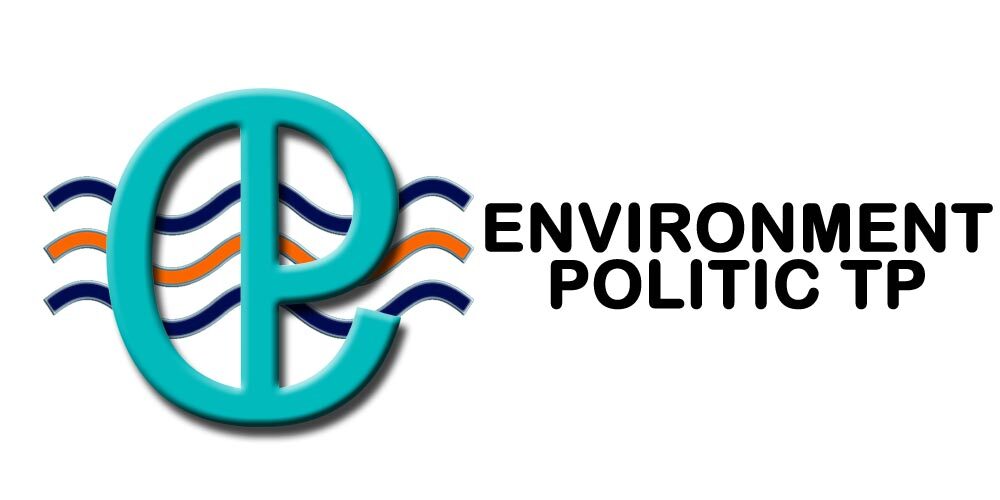An operational audit assesses your organization’s operation systems, productivity, staffing, IT, HR, and other functions to provide insight into why your organization is hitting or missing its goals. Once you review the RFPs from your varying choices, select an auditor that best meets your needs. One of our Classy experts will reach out to schedule a hands-on walk-through of the platform and demonstrate how our industry-leading solution can help your nonprofit reach its goals. The auditor you choose will have a big impact on the quality and actionability of your audit.
Additional information – Charity and nonprofit audits
Nonprofit auditing differs significantly from its for-profit counterpart due to the unique objectives and operational frameworks of these organizations. Unlike for-profit entities, which prioritize profitability and shareholder value, nonprofits aim to fulfill a mission-driven purpose. Auditors must assess how effectively resources are https://greatercollinwood.org/main-benefits-of-accounting-services-for-nonprofit-organizations/ utilized to achieve the organization’s goals, ensuring funds are allocated transparently and in alignment with the mission. Off-the-shelf accounting software does not have the proper internal controls to meet this SAS requirement. For example, in QuickBooks, you can easily change a transaction even if it clears the bank, or is in closed accounting period.
Nonprofit Financial Tools: What We Use
This opinion can be unqualified (a clean opinion), qualified (with some exceptions), adverse (significant issues), or a disclaimer (inability to form an opinion due to lack of information). You should rely on audit findings to improve financial management, enhance internal controls, and make informed decisions. Financial audits primarily look at your nonprofit’s financial The Key Benefits of Accounting Services for Nonprofit Organizations statements to find opportunities for improvement.
Step 1: Selecting an Audit Firm
Best practices for nonprofit audits extend beyond just maintaining accurate financial records. It’s about building a culture of compliance that encompasses the whole organization. Nonprofits must embrace collaboration, as it plays a pivotal role in preparing for audits.
Types of IRS Nonprofit Audits
This type of audit generally addresses issues with your tax return, discrepancies between your organization’s and freelancers’ or employee returns, or if a division of the IRS issues an IRS-wide examination. Some of these reasons come from external sources, but regular audits can also be an excellent long-term practice for your organization. Also, regular audits can help your organization receive more funds by encouraging accountability and transparency with your donor base. At NPact, we’re here to assist you every step of the way, from providing the tools you need to streamline your financial operations to offering expert consulting services.
- Nonprofits must comply with specific reporting and disclosure requirements to maintain transparency and accountability to stakeholders.
- This means that the auditor will examine the financial statements and check for any errors or omissions.
- Ask your network for recommendations if you don’t know a firm and try to get someone lined up at least 6 months in advance.
- Any discrepancies or inconsistencies should be addressed immediately to avoid complications during the audit.
- Positive audit reports depict that the organization is working towards the set goal for the welfare of the public at large.
Revised Uniform Guidance Requirements for Single Audits
- Stay up to date with practical guidance to help you mitigate these risks and strengthen your security posture.
- The diverse revenue streams of nonprofits—donations, grants, and membership fees—require specialized revenue recognition practices.
- An auditor can examine profit/loss segments so they can easily track expenses back to each donation or grant.
- They ensure financial transparency, regulatory compliance, and the ability to demonstrate impact and success.
Our nonprofit CPAs pride themselves on our thorough approach to our audits, and the first step of our evaluation is to determine whether your nonprofit warrants an audit. Depending on your organization’s spending, source of funding and size, state and federal agencies may require your nonprofit to have an audit. Our nonprofit CPAs and nonprofit auditors will assist you in evaluating these criteria and begin the audit process, if necessary.
Remember, the goal of an audit isn’t just to fulfill a requirement; it’s an opportunity to identify strengths and weaknesses, guiding where to direct improvement efforts. A great audit is thorough, transparent, and a stepping stone to enhancing your nonprofit’s effectiveness. Similarly, private audits not catching child labor in the supply chains of major US corporations highlight the critical role that thorough and effective auditing plays in uncovering and addressing significant issues.
Compliance documents
- However, preparing for an audit can be overwhelming if you don’t have the right guidance.
- The one condition is that annual contributions must exceed $300,000 for the group to use an independent CPA to submit audited financial statements.
- Non-profit organizations often face limited resources, which can constrain their ability to implement comprehensive audit processes.
- Additionally, refining your financial processes can make your nonprofit more attractive to corporate sponsors and their workplace giving campaigns.
- Send out an RFP and hire an independent firm to conduct your financial statement audit.
The main purpose audit of a non-profit organization is for verifying the accuracy and fairness of the financial data present in the financial statements. This analysis helps a Chartered Accountant to give an opinion based upon the observation made with proper implementation of a defined set of accounting and auditing compliances. Auditors will also review any operational issues such as processes and procedures, employee management, inventory control, and financial reporting. They may also assess the internal audit process to ensure it is functioning properly.
